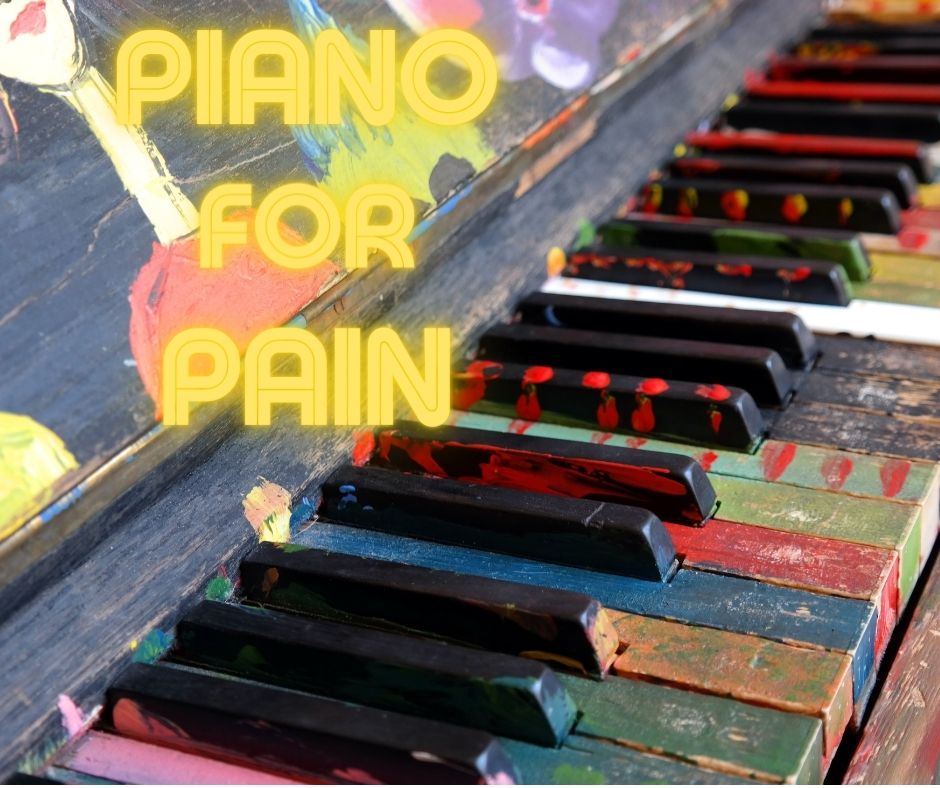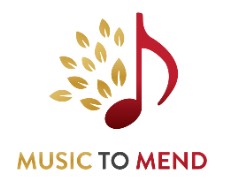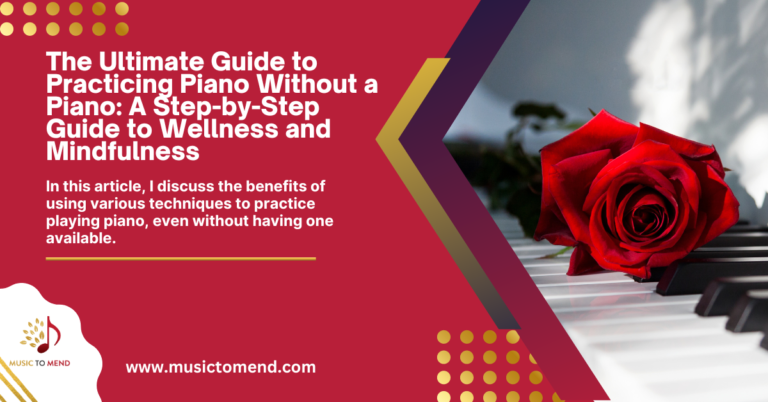16-Amazing ways Hospital Patients can Benefit from Music as Therapy
In today’s post, I’ll be sharing 16 amazing ways you can benefit from music if you or a loved one is in the hospital. My inspiration for today’s post comes from my own experience. While living abroad in Germany, I found myself hospitalized on three different occasions; these hospitalizations were due to my diagnosis of having RA, rheumatoid arthritis, a debilitating and uncurable autoimmune disease. I remember being in the hospital and looking for things to distract me from why I was hospitalized. Music was a big help!

One of the most important uses for music therapy in any clinical setting, especially hospitals, is in pain management. Music does not just distract the mind from pain, as some clinicians have theorized, but it can also cause the brain to reinterpret pain signals.
If you or a loved one have found yourself in a hospital, here are 16 amazing ways you can benefit from using music as therapy:
- Active music engagement
- Developmental stimulation through music
- Movement to music
- Music videos
- Audio recordings
- Patient or infant-directed singing
- Songwriting
- Improving coping skills
- Normalizing the hospital environment
- Pain management
- Procedural support
- Emotional support and self-expression
- Improve neurological functioning
- Improve speech and language skills
- Fine and gross motor development
- Legacy creation and memory making
Writing a song to process a new diagnosis, creating an energizing musical jam to reduce the patient’s anxiety, receptively listening to live music to aid in reducing pain during a procedure, or to help a patient fall asleep.
When a child needs to be hospitalized, it can be a scary time for both the child and his or her family. Singing and storytelling with audio and/or visual recordings provide a range of music therapy techniques specifically geared for children to help kids and families deal with the physical and emotional toll an illness or hospitalization can take.
Just as young people are hospitalized, so is the older population. And, music is linked to memory. As you go through life, you will likely associate certain songs, artists, or genres with major milestones and events. These songs create a soundtrack for your life. Older adults with dementia and Alzheimer’s disease can use music to access their past experiences and memories.
BONUS: For an in-depth look at Music can Help You, click here to watch the video.
Musical memories often go untouched by Alzheimer’s disease, making music that much stronger of a treatment option. It can help reduce stress, anxiety, depression, and agitation.
Many hospitals have in-house music departments; ask them if they have a music therapy program. I’m sure each hospital has its own set of hours and programs, and unfortunately, not every hospital has a music program; but it’s worth asking.
You don’t need to be a professional musician to take advantage of music therapy tools. Anyone can implement music therapy elements in their everyday lives. Here at Music to Mend, in addition to teaching piano as a means of music as therapy, I also teach other instruments as well: xylophone, drums, glockenspiel, and numerous others. Please contact me if you’d like more information on my teachings and music philosophies.
My music lessons are based on ear-training and audial practices; I help you learn to play your favorite songs in weeks instead of years. That’s I don’t teach the classically trained reading music methods. I use improvisation techniques learned through actual listening and repeating methods.
BONUS:
Listen to this relaxing music:

Amber Pull: Artist Trevor Kowalski
Recommendation on musical instruments:
Electric Keyboard Piano 61 Keys
Kmise Mini Keyboard Piano 32 Key Small Portable Digital
I hope you enjoyed today’s post and learned a little more about how music can be therapeutic in a hospital setting for young or older patients.
Until next time, happy piano playing!







